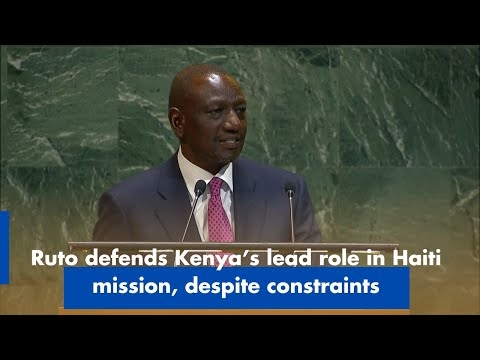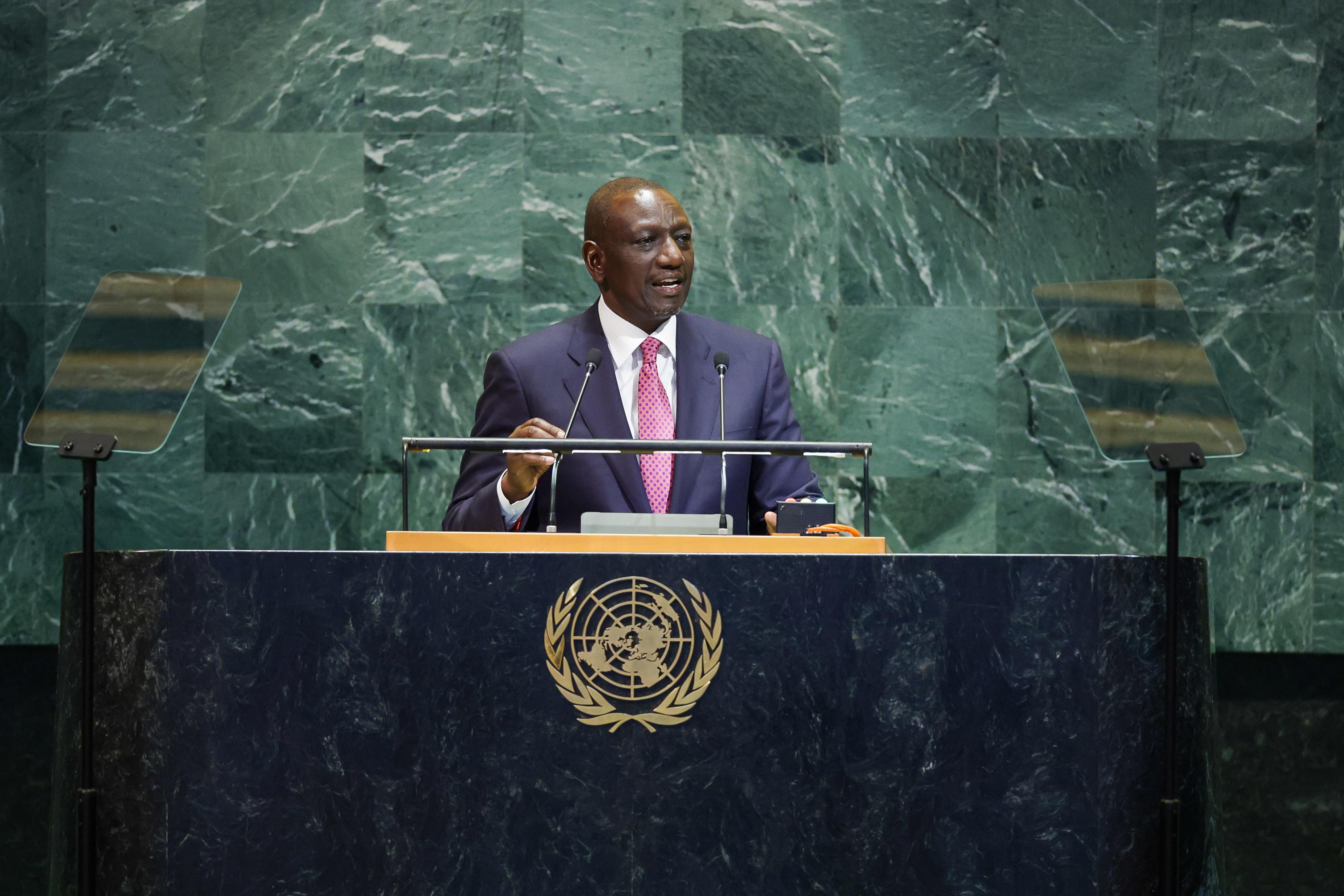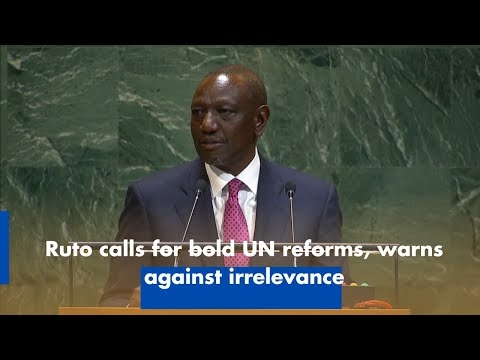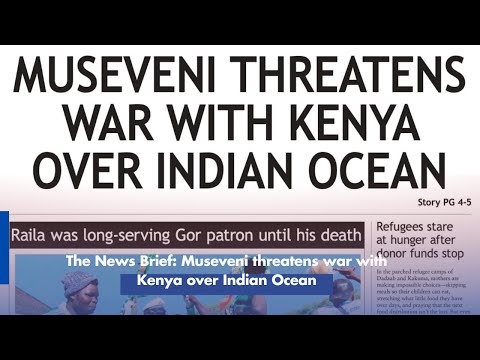

President William Ruto has emphasized the urgent need for equitable access
to vaccines, diagnostics, and treatments for Africa.
In a powerful address at the Global Health Security meeting, Ruto argued that the continent must no longer be relegated to the back of the line in global health initiatives.
"Africa cannot continue
to be the last in line for vaccines, diagnostics, and treatments. Equity is not
charity, it is justice," President Ruto asserted.
President Ruto’s remarks came amidst discussions on the
broader challenges facing Africa's health systems, particularly in the context
of malaria elimination. Malaria, a persistent threat across the continent, was
a focal point of his speech.
He highlighted Kenya's commitment to the African Leaders' Malaria Alliance and the "Zero-Malaria Starts With Me" campaign.
"Malaria, in particular, must be eliminated from Africa," he stated,
emphasizing the need for concerted domestic and continental efforts to combat
the disease.
He said that Kenya, under his leadership, has pioneered
new models of health financing, including the launch of a New National Health
Insurance Framework in 2024, aimed at ensuring equity, sustainability, and
universal access through pre-payment.
He also pointed to innovative approaches such as
health-focused taxes and performance-based financing being tested in countries
like Rwanda, Nigeria, and Ghana, and the role of mobile money, fintech, and
diaspora engagement in opening new avenues for health financing.
President Ruto called for vigorous domestic and continental resource mobilization, advocating for innovative mechanisms such as taxes and debt swaps in partnership with development allies.
"We must speak truth;
the global health architecture remains unbalanced," he said, urging for
fair pricing, meaningful technology transfer, inclusive research and
development, and sustained investment in African manufacturing.
He stressed that these efforts represent a continental shift
towards models rooted in Africa's own economic realities
President Ruto tabled Kenya's efforts through the malaria youth corps to stabilize and mobilize young people and communities in the fight against the disease.
He showcased the broader African context, where countries
are making progress in malaria control through rapid diagnosis, promotion of
mosquito nets, and the development of vaccines.
However, he acknowledged the challenges, including climate,
economic factors, and geographical location, that influence malaria transmission.
He reiterated that Africa must lead in its health future, seeking partnerships grounded in mutual respect, shared responsibility, and global fairness.
He envisioned a future where every African enjoys quality,
affordable healthcare financed by Africa for Africa.
















